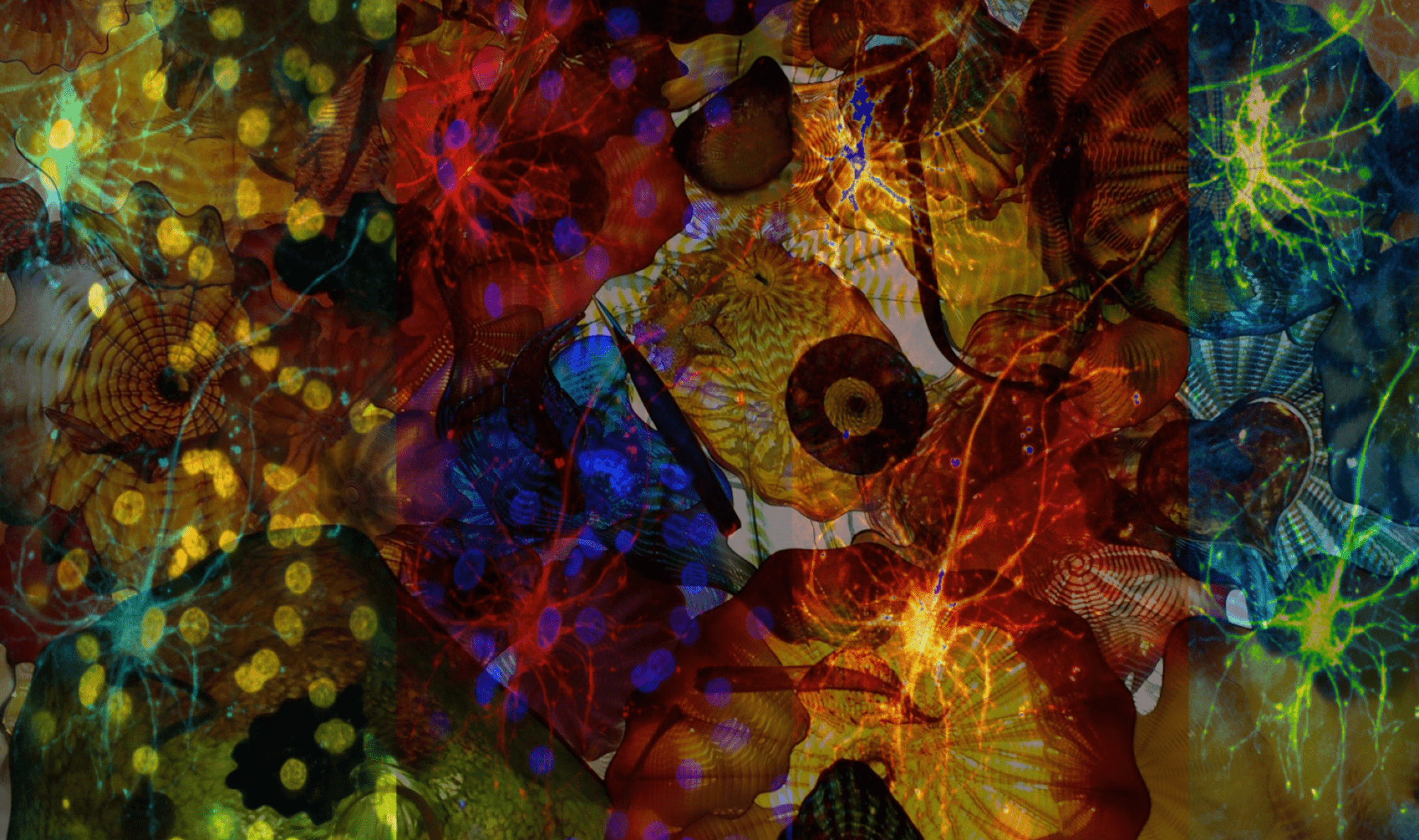
Our latest work published in the Journal of Neurodevelopmental Disorders was a collaboration with Dr. F. Sayako Earle in Communication Sciences and Disorders at the University of Delaware and Dr. Laurie E. Cutting in the Peabody College of Education and Human Development at Vanderbilt University.
Babbling Predicts Comprehension from 1st to 4th Grade
We found that expressive language (e.g. when children begin to babble) predicted comprehension longitudinally from 1st-4th grade. Children with delayed expressive language milestones had poorer listening and reading comprehension in both narrative and expository text. Intervention before age 3 for delayed expressive language decreased the risk of poorer comprehension by 39% for those children later diagnosed with a speech or language disorder.
Socioeconomic Status Predicts Comprehension from 1st to 4th Grade
We found that socioeconomic status predicted comprehension longitudinally from 1st-4th grade. Children from higher socioeconomic status had better listening and reading comprehension in both narrative and expository text. Even in children who were later diagnosed with a speech and/or language disorder, those with higher childhood socioeconomic status had better comprehension.
A Neurodevelopmental Correlate of Comprehension
Poorer comprehension was predicted by higher fractional anisotropy of the left Inferior Longitudinal Fasciculus. The fractional anisotropy of the left Inferior Longitudinal Fasciculus was also found to increase the strength of the impact of expressive language development on comprehension, particularly for those who developed expressive language later.
Latest Collaboration
See our latest collaboration with the University of Delaware Center for Teaching & Assessment of Learning titled, “Teaching Students How to Learn.” The handbook, written by Drs. Del Tufo and Mouza, with contributions from Matthew Trevett-Smith, Rose Muravchick, and Stacie Larkin, provides an introduction to helping instructors teach students “how to learn.”
